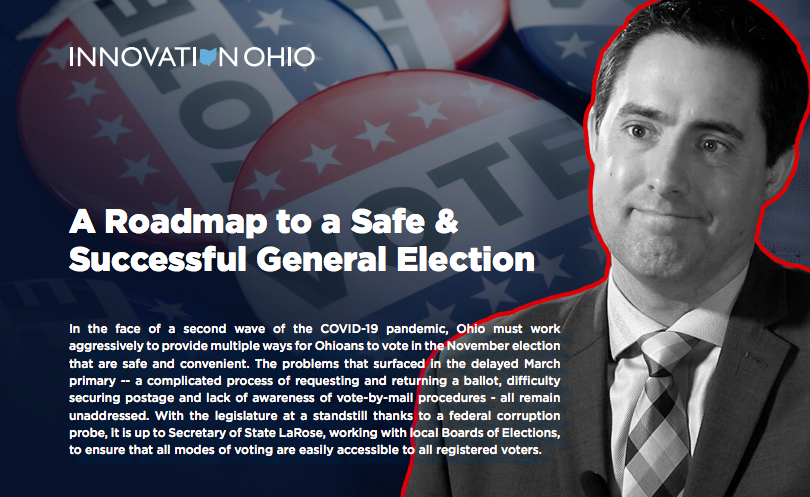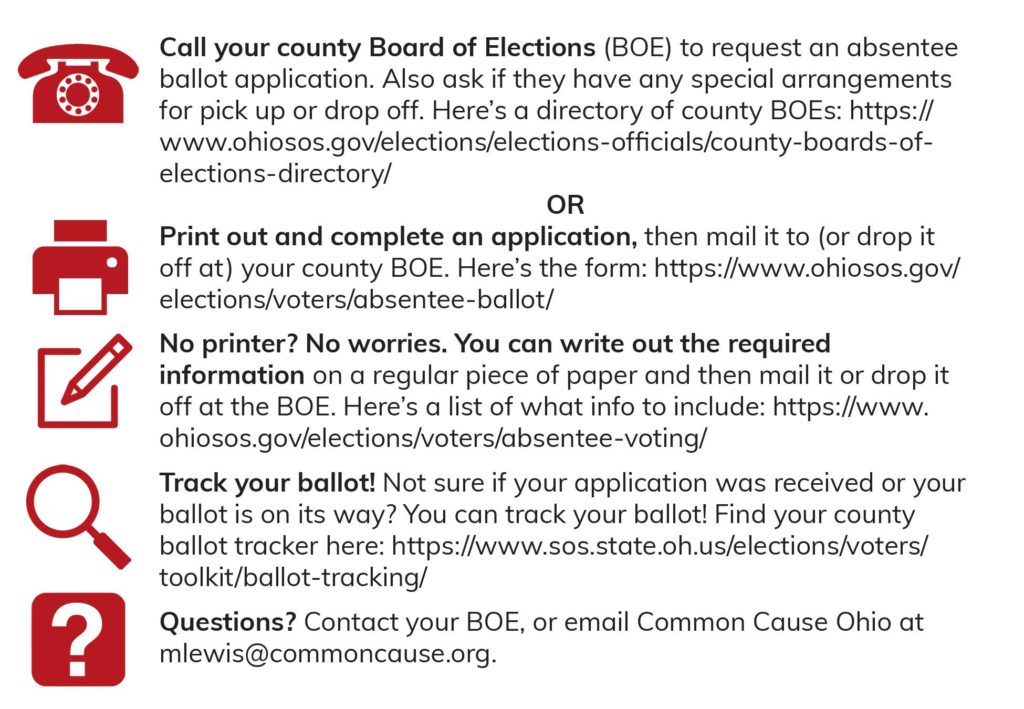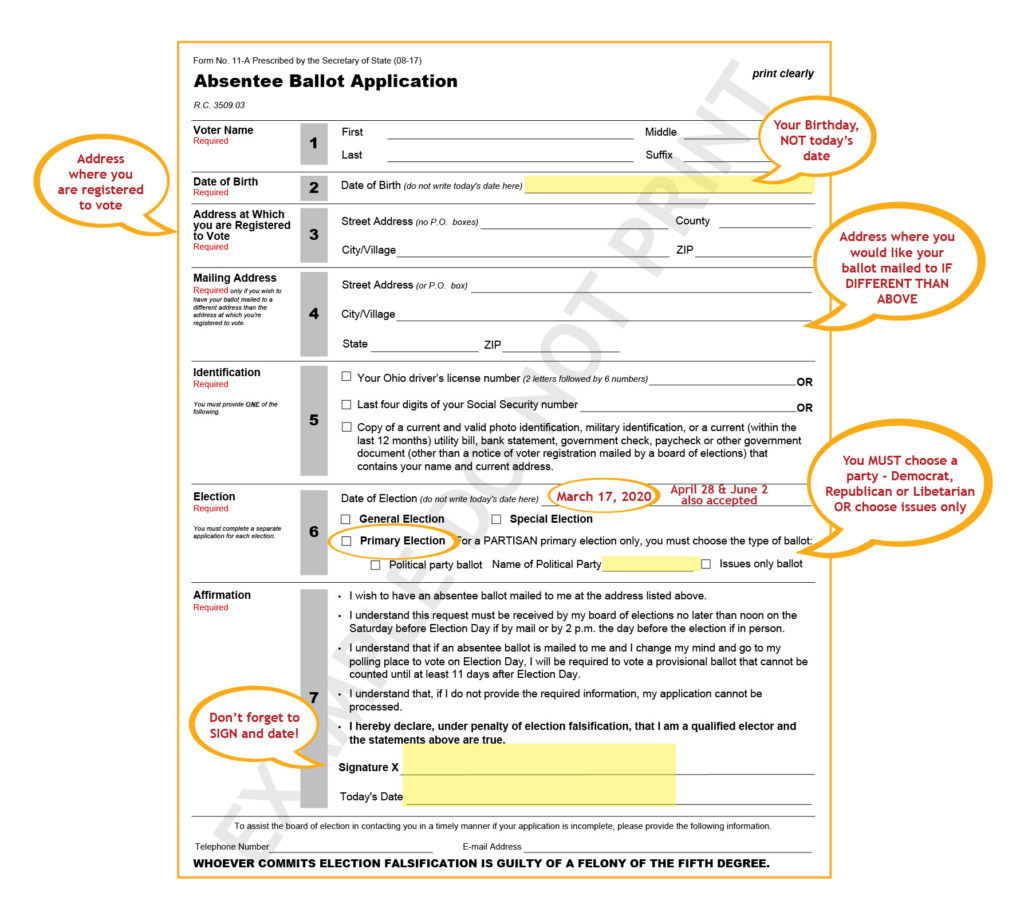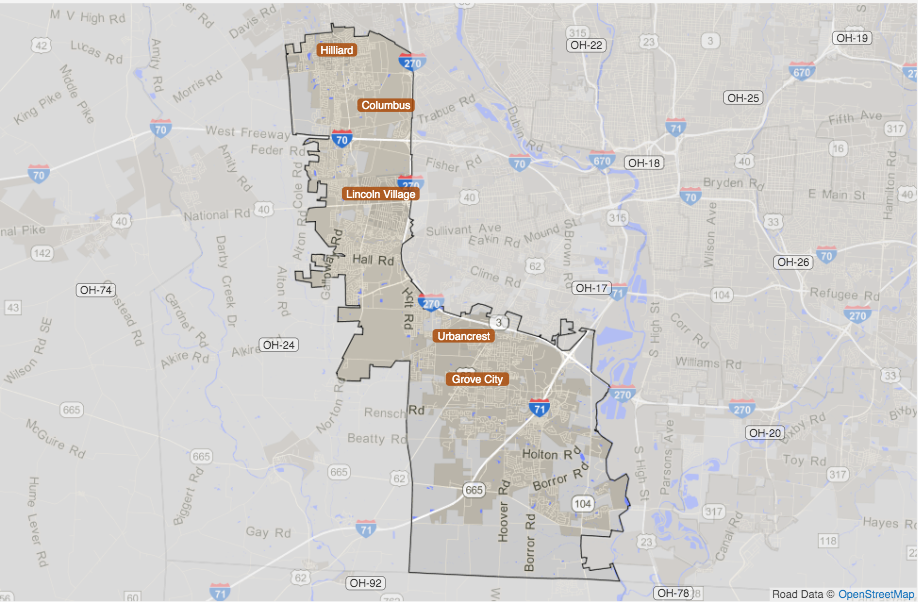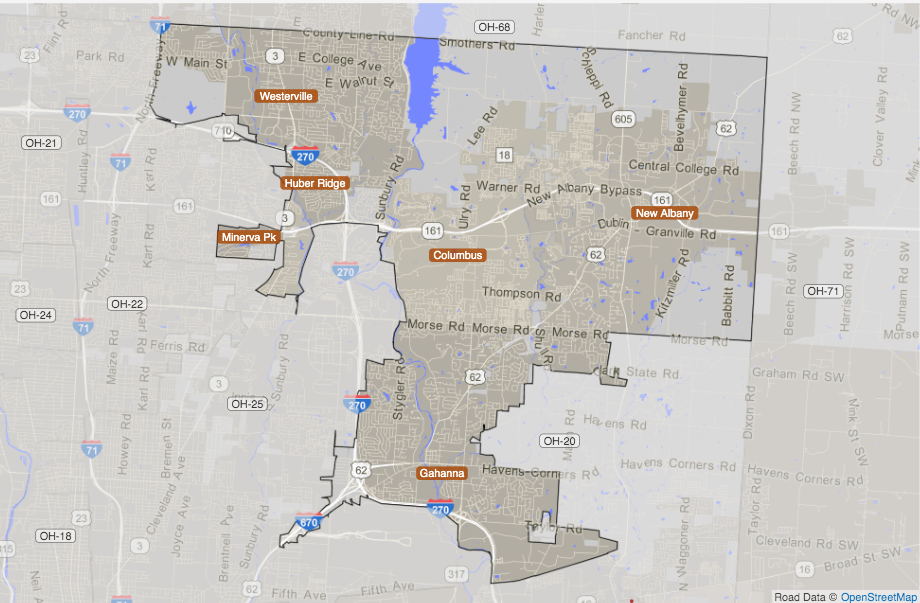Beginning in January of every odd-numbered year, lawmakers come to Columbus to convene the Ohio General Assembly. In the two year session that follows, hundreds of bills are introduced, many of which are signed into law. During the 133rd General Assembly, which began in January of 2019, legislators have grappled with issues ranging from responding to the COVID-19 pandemic to abortion rights, local control of public schools, gun safety to the confederate flag.
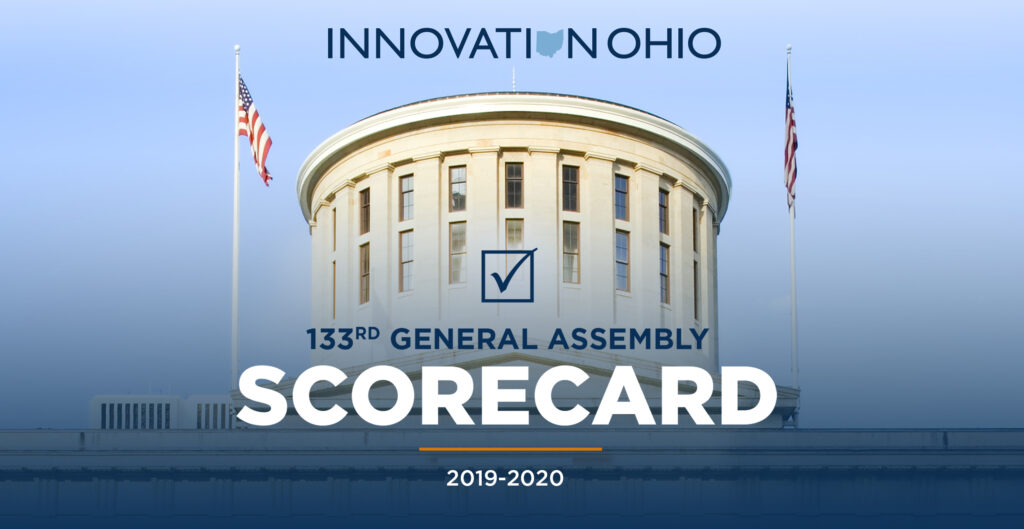
With Statehouse activity mostly wrapped up for the term, we’ve compiled the voting record of all 99 State representatives on the most significant proposals they faced for consideration by voters before they head to the polls on November 3.
Check out our Ohio House Scorecard, which lists how all 99 members of the Ohio House of Representatives voted on important proposals in the 133rd General Assembly.
View the Innovation Ohio 2020 House of Representatives Scorecard

